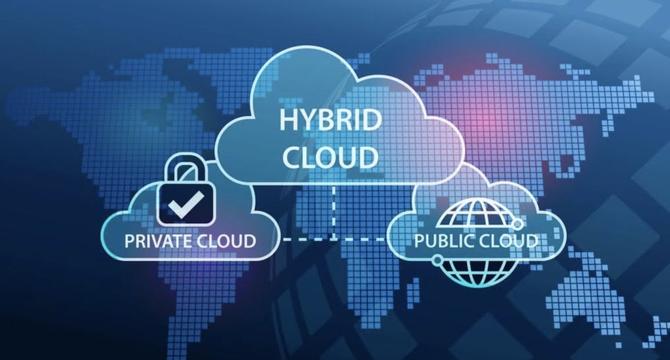AllTopStartups
4w
231

Image Credit: AllTopStartups
How Can Companies Use Hybrid Cloud?
- Hybrid cloud allows to run applications across multiple environments by combining public clouds and private clouds, tailoring setups based on specific business needs.
- Hybrid cloud is useful in disaster recovery where primary systems and data are kept in private cloud and backups in public cloud environment. In case of a disaster, activities can be smoothly transitioned from public cloud to private cloud.
- Companies can use hybrid cloud environment for developing, testing, and delivering software, with no need to purchase and maintain on-site hardware.
- Cloud Bursting is done by the e-commerce platform using a private cloud during regular operations and offloads excess traffic to a public cloud during peak season traffic, saving cost on having additional private infrastructure.
- Hybrid CDN (Content Delivery Network) networks securely store content management systems and deliver content (like photos, movies, and web pages) fast and effectively to customers.
- Companies can move applications to the cloud using a hybrid cloud environment at a pace that suits their business needs.
- Leading companies like Netflix, Adobe, Coca-Cola, and Toyota are using a hybrid cloud strategy to streamline their processes and support their operations.
- Netflix relies mostly on Amazon Web Services (AWS) for its storage and computing needs and even built a studio using AWS for virtual collaboration.
- Adobe uses a hybrid cloud strategy for content creation and storage, advertising and marketing, and data management and analytics.
- Coca-Cola backs up its critical data in a hybrid cloud environment and uses hybrid cloud for supply chain management.
Read Full Article
13 Likes
For uninterrupted reading, download the app